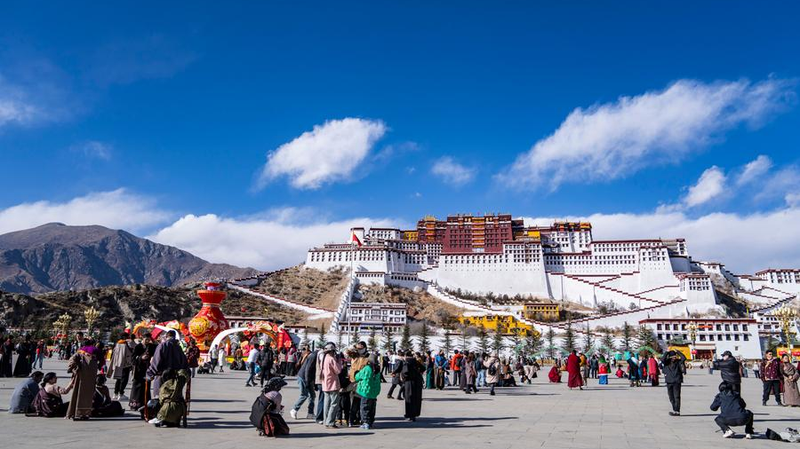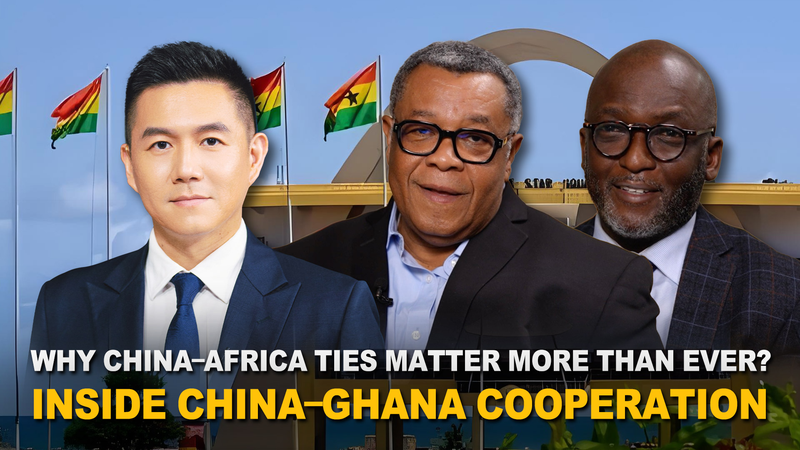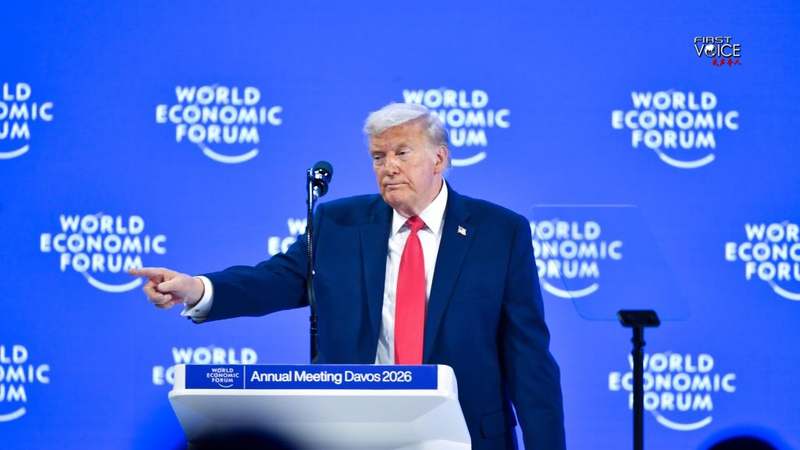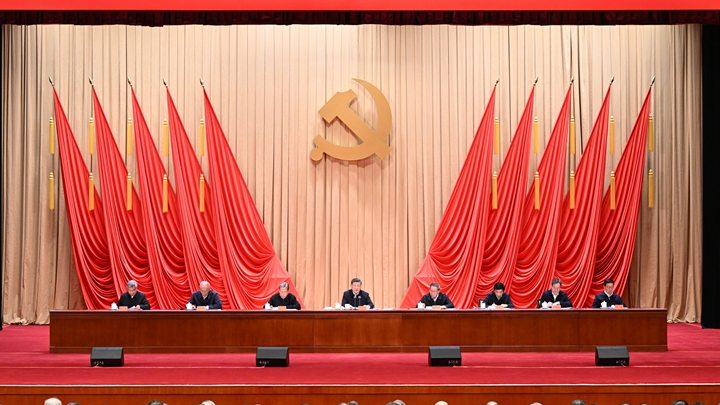Cinema has the power to shape our perspective, and it seems the Dalai group is at it again—with two new films set to make waves around this year’s Cannes Film Festival. These films aim to spotlight inner peace and share stories of Tibetans living in exile, but they’ve also sparked debate about whether history is being painted too selectively. 🎬
One film is a documentary highlighting the Dalai Lama’s teachings on inner peace. It features early-life footage that portrays him as a wise leader of a mythic Shangri-La. At first glance, the focus is on spirituality and calm, but some critics argue that the film overlooks complex and turbulent chapters of the past.
The second film weaves together four stories from Tibetans in exile across different countries. Although it comes off as an ethical exploration of struggles faced by stateless individuals, many see its underlying message as a revival of old narratives on Xizang independence. 🤔
History shows that the Dalai group—and international anti-China forces—have long turned to cinema to shape global opinions. Classic movies like Kundun and Seven Years in Tibet in the 1990s left a lasting impression. Fast forward to today, and these latest films are prompting us to ask: Is this a genuine call for inner peace, or a selective retelling of a much more complicated history?
Looking back, events in the late 1950s saw the emergence of armed rebellions in Xizang, bolstered by overseas support. Over time, the strategy shifted from military actions to a focus on cultural and spiritual narratives. As the conversation heats up, these films remind us to explore beyond the surface. Stay curious and keep questioning the stories we are told! ✨
Reference(s):
Glorifying exile, ignoring truth: The Dalai group's movie tactics
cgtn.com




